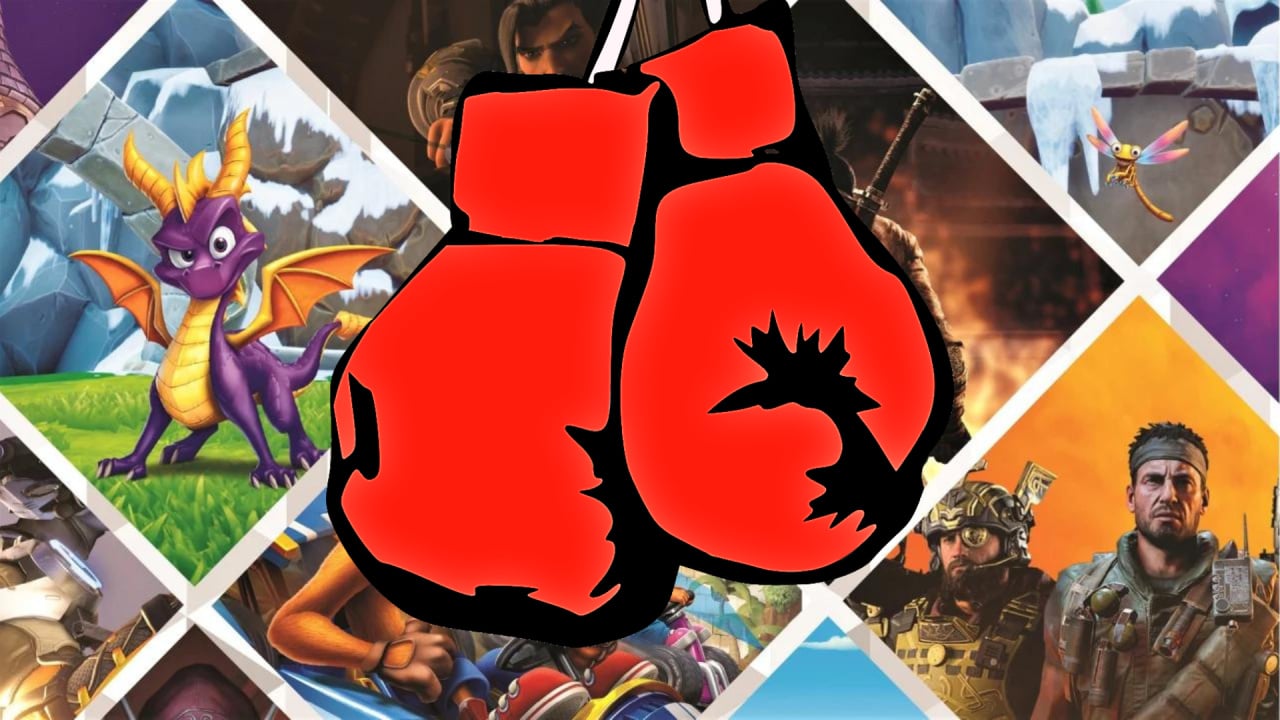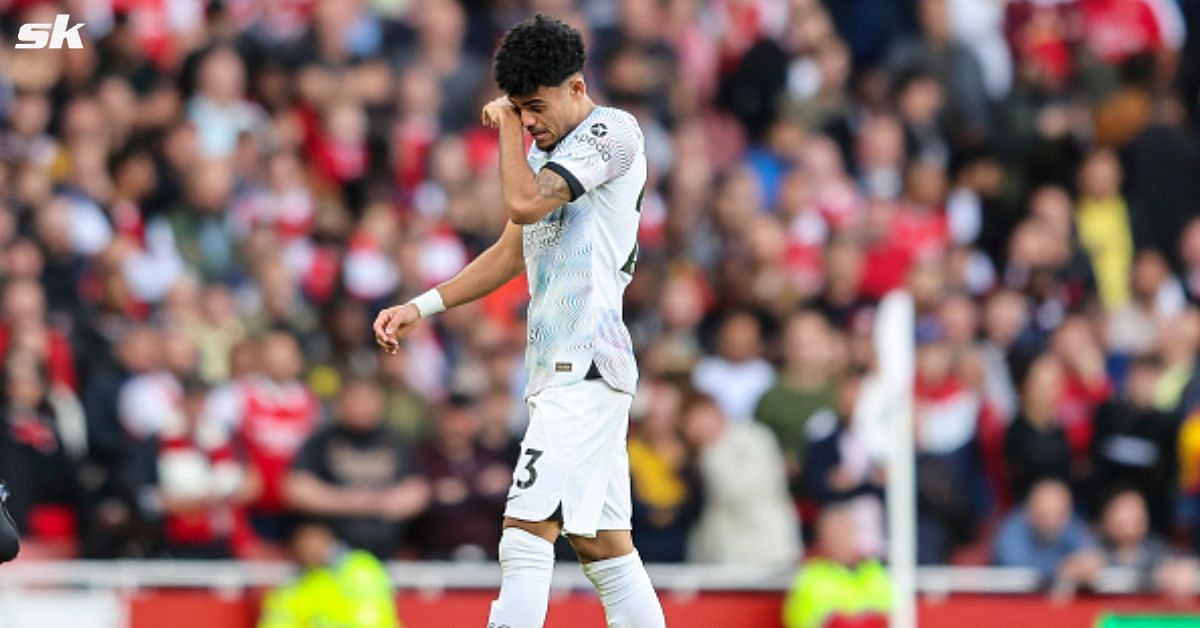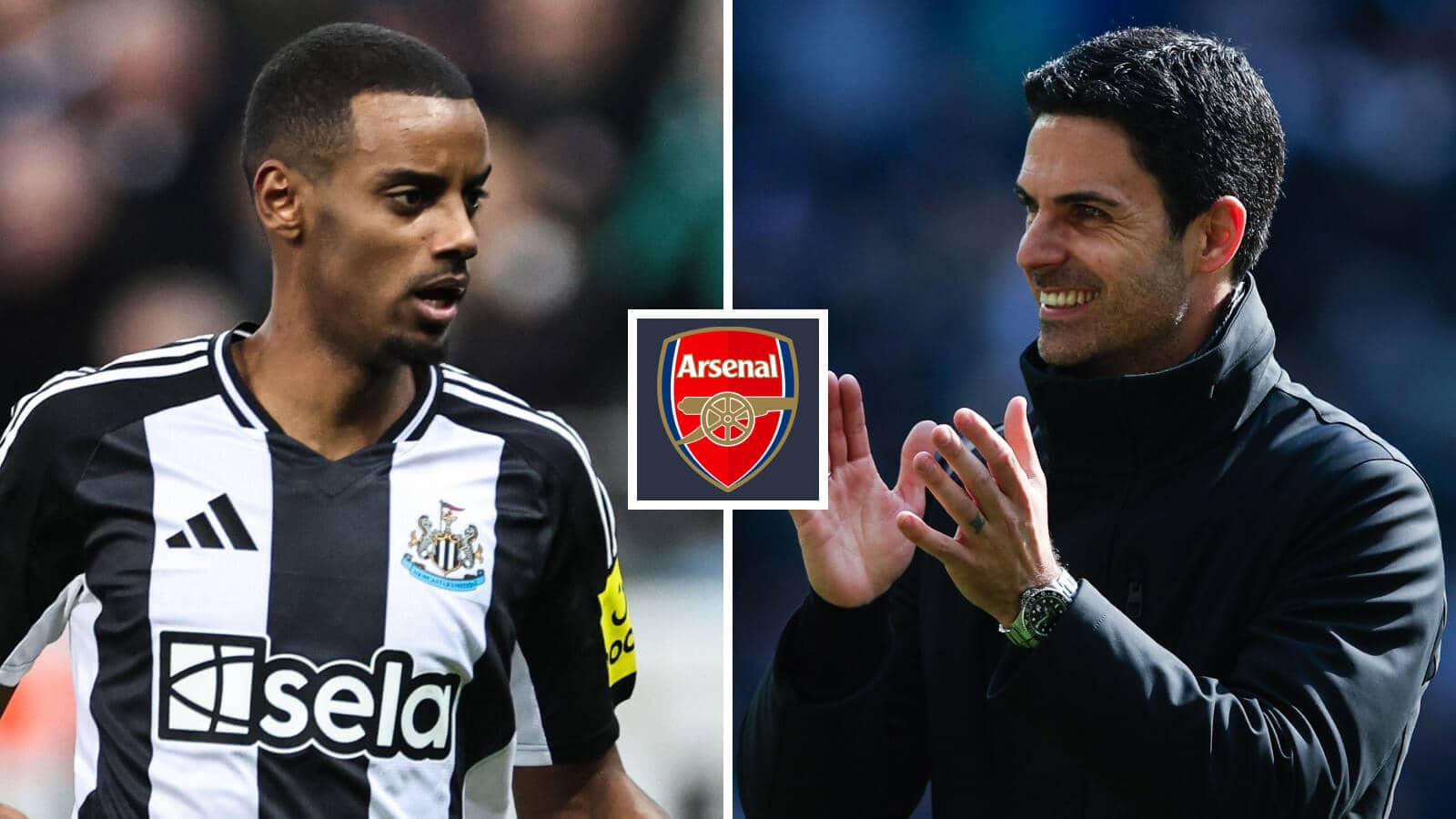Activision Blizzard Deal: FTC's Appeal Could Delay Or Block Merger

Table of Contents
Microsoft announced its intent to acquire Activision Blizzard in January 2022, a move that immediately sparked intense debate and scrutiny. After a lengthy investigation, the FTC initially sought to block the merger, arguing it would stifle competition. Now, the FTC's appeal adds another layer of complexity to this already intricate situation. This article delves into the FTC's appeal, exploring its arguments, Microsoft's defense, the potential outcomes, and the broader implications for the gaming industry.
The FTC's Arguments Against the Merger
The FTC's core concern centers on antitrust issues and the potential for reduced competition within the gaming market. They argue that the Activision Blizzard deal, if completed, would grant Microsoft an unacceptable level of market dominance, particularly concerning popular franchises like Call of Duty. These "competition concerns" are central to their case.
- Reduced competition among game publishers: The merger would consolidate significant market power under Microsoft's control, potentially squeezing out smaller competitors.
- Potential for Microsoft to leverage Activision Blizzard's properties to harm rivals: The FTC fears Microsoft could make Call of Duty and other Activision Blizzard titles exclusive to Xbox, harming competitors like PlayStation and Nintendo.
- Concerns about exclusive content and access: Restricting access to popular games could limit consumer choice and stifle innovation within the industry. The FTC highlights the potential for anti-competitive practices related to cloud gaming and subscription services.
Microsoft's Defense of the Merger
Microsoft counters the FTC's claims by emphasizing the benefits to consumers and the increased competition the merger would bring. They highlight the expansion of their Game Pass subscription service and the potential for innovation in cloud gaming.
- Expansion of Game Pass and its benefits for players: Microsoft argues that incorporating Activision Blizzard's extensive catalog into Game Pass would significantly benefit consumers by offering more value and choice.
- Claims of increased competition in the cloud gaming market: Microsoft contends the merger would boost competition in the rapidly growing cloud gaming sector, benefiting consumers with more options and better services.
- Promises to maintain Call of Duty availability across platforms: A key part of Microsoft's defense rests on their repeated pledges to keep Call of Duty available on PlayStation and other platforms, addressing the FTC's concerns about exclusive content.
The Appeal Process and Potential Outcomes
The FTC's appeal will likely involve a lengthy legal process, potentially spanning months or even years. Several scenarios could unfold:
- The FTC's appeal is successful, blocking or significantly delaying the merger: This outcome would be a major setback for Microsoft and could lead to renegotiations or even the abandonment of the deal.
- The FTC's appeal is unsuccessful, clearing the path for the merger: A successful defense by Microsoft would pave the way for the acquisition to proceed, potentially reshaping the gaming industry's competitive landscape.
- A negotiated settlement is reached, altering the terms of the merger: Both parties might agree to concessions to address the FTC's concerns, potentially leading to a modified version of the original deal. This could involve commitments regarding Call of Duty availability or other aspects of competition. This path offers a way to navigate the regulatory hurdles.
Impact on the Gaming Industry
The FTC's actions have significant implications for the broader gaming industry. The outcome of this appeal will set a precedent for future mergers and acquisitions within the sector.
- Increased regulatory scrutiny for future gaming mergers: The increased attention on antitrust issues could lead to stricter regulatory scrutiny for all future mergers and acquisitions in the gaming industry.
- Changes in the competitive dynamics of the gaming market: The deal's outcome will undeniably alter the market's competitive balance, potentially leading to increased consolidation or a more fragmented landscape.
- Uncertainty for developers and publishers: The prolonged uncertainty surrounding the Activision Blizzard deal creates instability for developers and publishers, impacting investment decisions and strategic planning.
Conclusion: The Future of the Activision Blizzard Deal
The FTC's appeal presents a critical juncture for the Activision Blizzard deal. Microsoft's arguments about consumer benefits and increased competition clash with the FTC's concerns about stifled competition and anti-competitive practices. The ultimate outcome – whether the merger proceeds, is blocked, or undergoes significant alterations – will have a profound and lasting impact on the gaming industry's structure and dynamics. The appeal process will determine not only the fate of this massive acquisition but also shape the regulatory environment for future mergers in the gaming sector. Stay tuned for updates on this landmark Activision Blizzard deal and its ongoing implications for the future of gaming.

Featured Posts
-
 Tribal Loans Navigating Bad Credit With Direct Lenders
May 28, 2025
Tribal Loans Navigating Bad Credit With Direct Lenders
May 28, 2025 -
 Arsenal Considering Shock Bid For Luis Diaz
May 28, 2025
Arsenal Considering Shock Bid For Luis Diaz
May 28, 2025 -
 Boosting Chinas Economy The Crucial Role Of Consumer Confidence
May 28, 2025
Boosting Chinas Economy The Crucial Role Of Consumer Confidence
May 28, 2025 -
 Liverpools Transfer Plans Winger Targets And The Importance Of Salahs Renewal
May 28, 2025
Liverpools Transfer Plans Winger Targets And The Importance Of Salahs Renewal
May 28, 2025 -
 San Diego Padres Long Road Trip Kicks Off In Pittsburgh
May 28, 2025
San Diego Padres Long Road Trip Kicks Off In Pittsburgh
May 28, 2025
